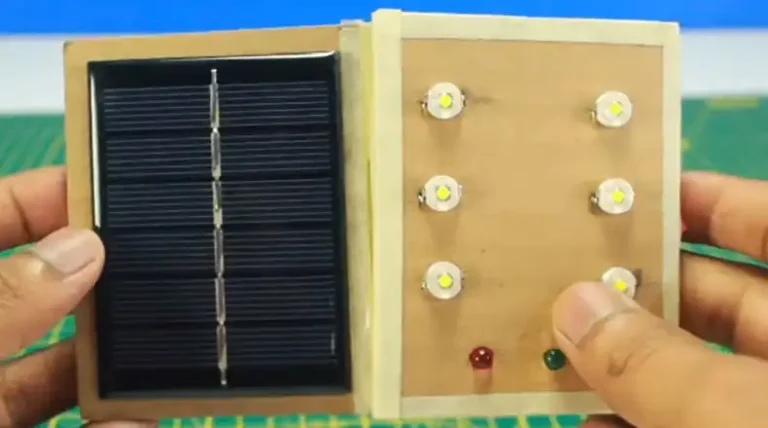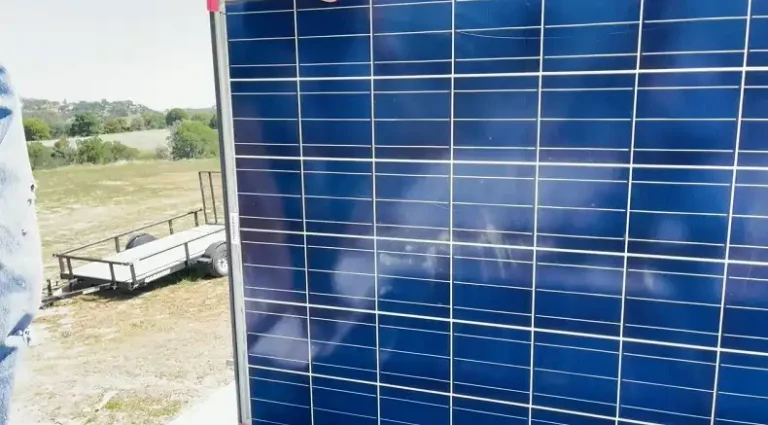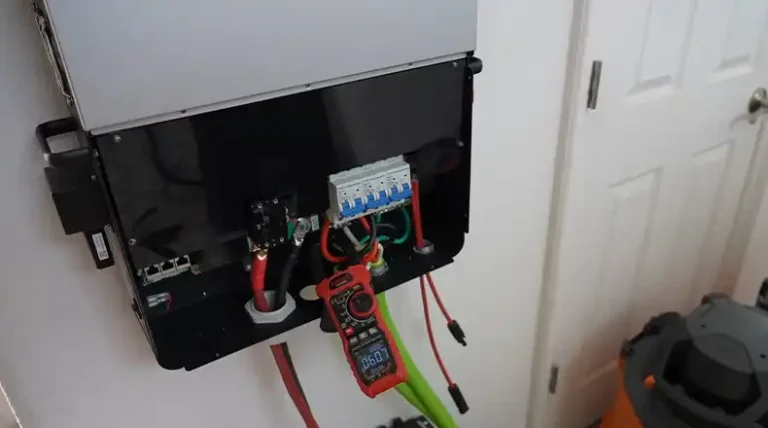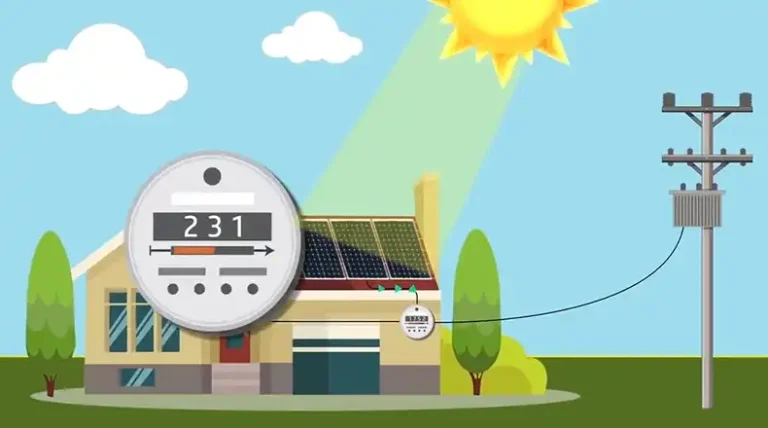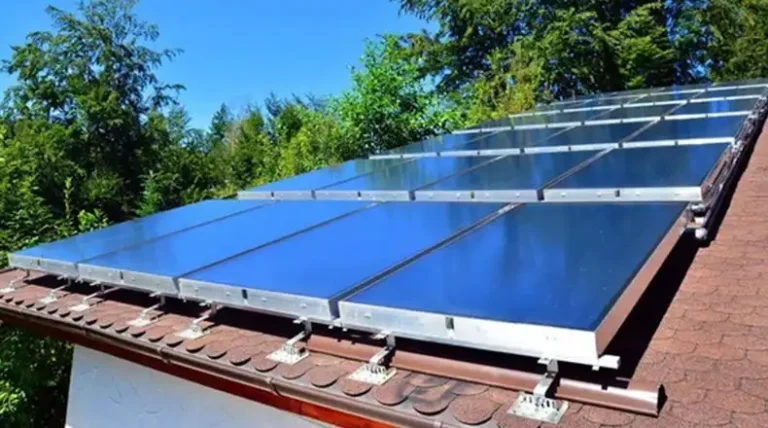How Much Power Does a 5kW Solar System Produce Per Day? How Do I Calculate
Solar power is becoming increasingly popular as a way to generate clean and renewable energy. Solar systems come in various sizes, and you can easily find one that suits your needs. If you are considering installing a 5kW solar system, it can generate an average of between 20 to 30 kW of power.
Well, it will depend on a number of factors, including the location of the solar system, the orientation of the solar panels, and the amount of sunlight the system receives.
This means that a 5kW solar system can power a typical household for an entire day. In fact, many households with solar panels are able to sell excess electricity back to the grid, which can help to offset their energy costs.
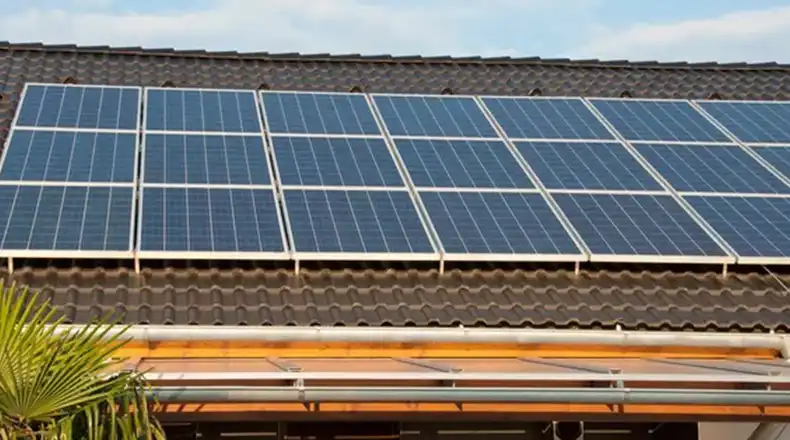
Amount of Power Produced by a 5kW Solar System
A 5 kW solar system is a substantial setup, capable of generating an impressive amount of electricity. On a perfect sunny day, you can expect it to produce around 20-25 kWh (kilowatt-hours) of electricity.
Let’s do the math –
On an average sunny day, solar panels receive about 5 hours of direct sunlight. However, this value can vary depending on your geographical location.
Your 5 kW solar system can produce 5 kilowatts (5,000 watts) per hour under ideal conditions.
Now, let’s calculate the daily power production:
5 kW (system rating) x 5 hours (average sunlight hours) = 25 kWh (kilowatt-hours)
So, under these average conditions, a 5 kW solar system can produce approximately 25 kilowatt-hours of electricity per day. Keep in mind that this is a rough estimate, and actual production can vary based on factors like weather, panel orientation, shading, and the specific location of your solar installation. It’s always a good idea to consult with a solar professional for a more precise estimate tailored to your situation.
Factors that Can Affect the Generated Power Output Amount
The amount of power produced by a 5kW solar system will vary depending on a number of factors, including:
Sunlight Intensity
The strength of the sunlight directly affects your system’s performance. More intense sunlight results in higher energy production. Your geographical location plays a crucial role here, as regions closer to the equator tend to receive more sunlight.
Weather Conditions
Cloudy days mean less sunshine, and thus, less energy production. Solar panels can still generate electricity on cloudy days, but the output will be lower.
Panel Orientation
The direction your solar panels face and their tilt angle influence how efficiently they capture sunlight. Proper positioning is key to optimizing energy production.
Shading
Shading from nearby trees, buildings, or obstructions can significantly reduce the output of your solar system. Ensuring your panels remain unshaded is essential for maximum efficiency.
Solar Panel Quality
The quality of your solar panels and their overall condition also matter. High-quality panels with better materials tend to perform more consistently over time.
Efficiency
The efficiency of a solar panel will also affect the amount of electricity it produces. More efficient solar panels will produce more electricity than less efficient solar panels.
What Should be Done to Achieve Maximum Output from a 5kW Solar System Per Day?
To achieve maximum output from a 5kW solar system per day, you can do the following:
- Install your solar panels in a sunny location. Solar panels need sunlight to generate electricity, so it’s important to install them in a location where they will receive the most sunlight possible.
- Orient your solar panels south. Solar panels that are oriented directly south will receive the most sunlight and produce the most electricity.
- Avoid shading. Trees, buildings, and other objects can cast shadows on solar panels, blocking sunlight and reducing their power output. Avoid shading your solar panels whenever possible.
- Keep your solar panels clean. Dirt and dust can accumulate on solar panels over time, reducing their efficiency. Clean your solar panels regularly to keep them working at their best.
- Use an efficient inverter. An inverter converts the DC electricity generated by solar panels into AC electricity that can be used in your home. Choose an efficient inverter to minimize energy losses.
- Use high-efficiency solar panels. High-efficiency solar panels produce more electricity per square foot than traditional solar panels. This means that you can generate more electricity with fewer solar panels, which can save you money on installation costs.
Power Generation Capacity of a 5kW Solar System in Different Sunlight Duration
In the USA, there you will have 6 different hours of peak sunlight. They are – 6, 5.5, 5, 4.5, 4.2, and 3.5 hours. Now let’s find out the amount of power that can a 5kW solar produce.
| Sunlight Hours (in hours) | Power Produced (in kWh) |
| 6.0 | 30.0 |
| 5.5 | 27.5 |
| 5.0 | 25.0 |
| 4.5 | 22.5 |
| 4.2 | 21.0 |
| 3.5 | 17.5 |
Final Thoughts
Investing in a 5 kW solar system can be a game-changer for your energy consumption. It’s not just about going green; it’s about reducing your electricity bills and gaining energy independence. Understanding the factors that influence your daily power output is vital to making the most of your investment. Remember that while we’ve provided an average daily estimate, real-world performance can vary.
Questions You May Also Ask
Can a 5 kW solar system power my entire house?
Yes, a 5 kW solar system can power an average American home. However, actual energy usage depends on your consumption habits and local conditions.
Do solar panels work on cloudy days?
A2: Yes, solar panels can still generate electricity on cloudy days, but the output will be lower compared to sunny days.
How long does a 5 kW solar system last?
High-quality solar systems can last 25-30 years or more. Maintenance and panel quality play a significant role in longevity.
Can I sell excess electricity back to the grid with a 5 kW solar system?
Depending on your location and utility company, you may be able to sell excess electricity back to the grid, earning credits or income from it. Check with your local regulations for specifics.

